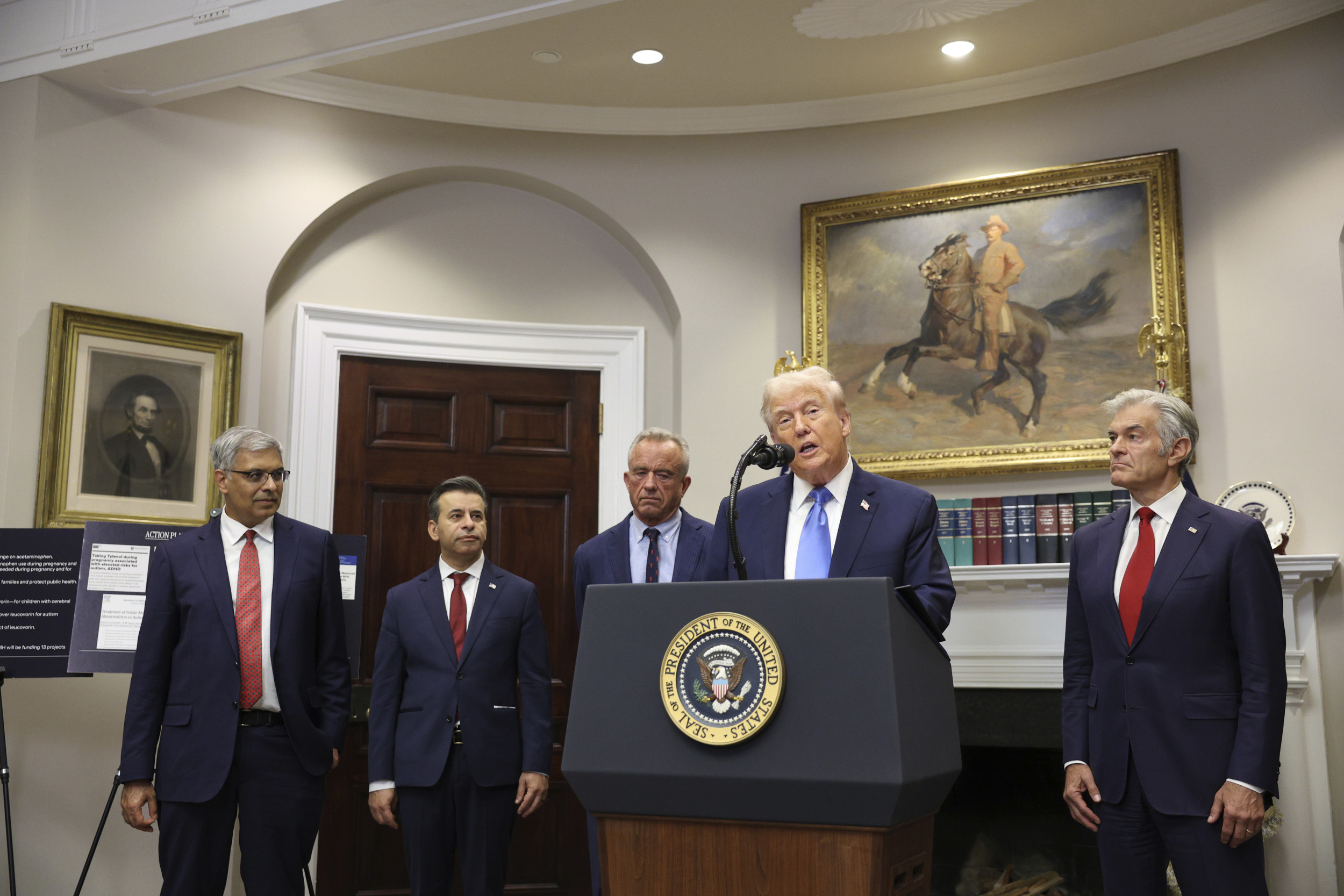
Eight men deported from the United States have arrived in South Sudan after a dramatic Independence Day court battle that saw multiple emergency hearings and conflicting judicial rulings.
“This was a win for the rule of law, safety and security of the American people,” Homeland Security spokeswoman Tricia McLaughlin said in a statement Saturday announcing the men’s arrival.
Newsweek has reached out to the White House via email on Saturday for comment.
Why It Matters
This case represents a significant test of President Donald Trump‘s administration immigration enforcement policies and establishes precedent for deporting individuals to third countries deemed dangerous by the State Department.
South Sudan, the intended destination, remains under a State Department travel advisory warning against visits due to “crime, kidnapping, and armed conflict.” The U.S. Supreme Court‘s June ruling that immigration officials can quickly deport people to third countries without allowing challenges could reshape how future deportations are handled, potentially affecting thousands of similar cases.
What To Know
The eight men, originally from Cuba, Laos, Mexico, Myanmar, Vietnam, and South Sudan, were transported Friday evening to the war-torn African nation following a federal judge’s final ruling that cleared the way for their removal.
The men had been convicted of violent crimes in the U.S., including murder, robbery, kidnapping, and sexual assault, according to the Department of Homeland Security. Only one of the men is actually a citizen of South Sudan. When their original May deportation flight was diverted to Djibouti, they were held for weeks in a converted shipping container at the U.S. military base while their legal challenges proceeded through the courts.
Friday’s legal drama unfolded rapidly on the Fourth of July, with courts otherwise closed for the holiday. District Judge Randolph Moss of Washington, D.C., initially issued an emergency order temporarily blocking the deportation until 4:30 p.m. ET. However, he later forwarded the case to Massachusetts District Judge Brian Murphy, who cited previous Supreme Court orders in denying the migrants’ petition. Murphy wrote that the Court orders were “binding on this new petition” since the petitioners were raising “substantially similar claims.”
The Supreme Court had ruled in June that immigration officials could quickly deport people to third countries, halting an order that previously allowed immigrants to challenge removals to countries outside their homeland where they could face danger.
This ruling effectively overturned Murphy’s earlier decision that immigrants could not be sent to a new country without a court hearing.

David Ryder/Getty Images
What People Are Saying
DHS Assistant Secretary Tricia McLaughlin on Friday: “On Independence Day, an activist judge sided with barbaric criminal illegal aliens over American citizens.”
Judge Randolph Moss on Friday: “It seems to me almost self-evident that the United States government cannot take human beings and send them to circumstances in which their physical well-being is at risk simply either to punish them or send a signal to others.”
President Donald Trump’s Truth Social message on Saturday: “This July 4th weekend I want to give a big ‘THANK YOU!’ to the Heroic ICE Officers fighting every day to reclaim our Sovereignty and Freedom. One of the most exciting parts of the ‘ONE BIG BEAUTIFUL BILL ACT’ is that it includes ALL of the Funding and Resources that ICE needs to carry out the Largest Mass Deportation Operation in History. Our Brave ICE Officers, who are under daily violent assault, will finally have the tools and support that they need.”
He added: “We will not let America become a Third World Country filled with Crime, failing Schools, collapsing Hospitals, and total Social Dysfunction. It’s called ‘REMIGRATION’ and, it will, MAKE AMERICA GREAT AGAIN!”
What Happens Next?
The Trump administration has indicated this case sets a precedent for future deportations to third countries, with officials reaching agreements with various nations to house immigrants when authorities cannot quickly send them back to their homelands.
Reporting from the Associated Press contributed to this article.




